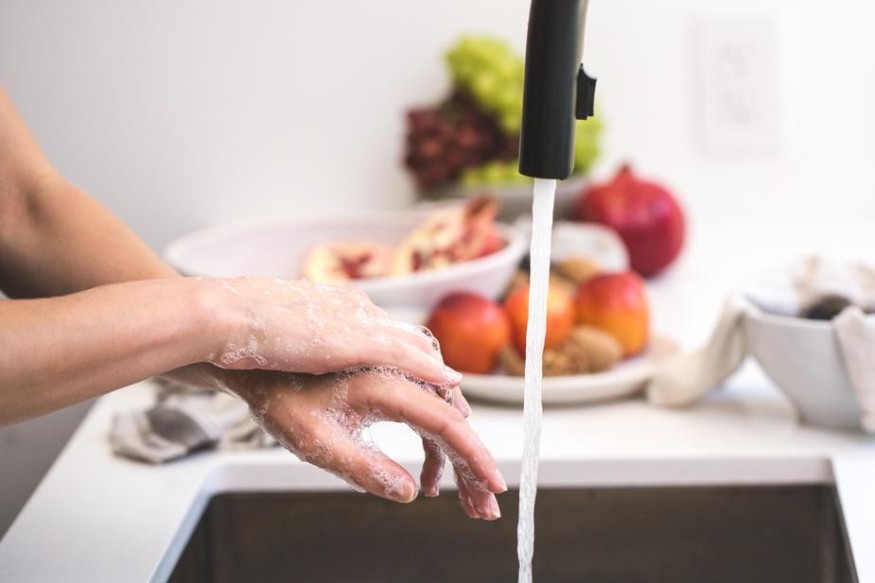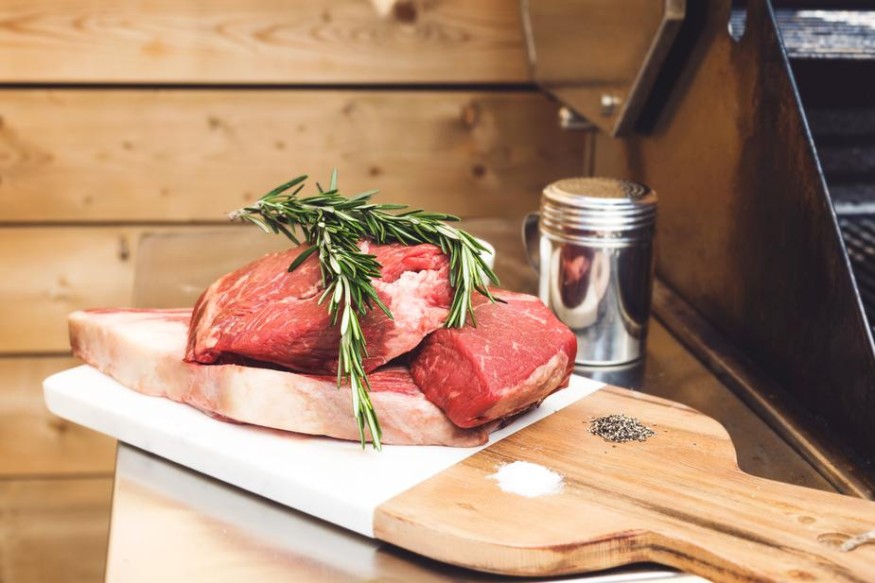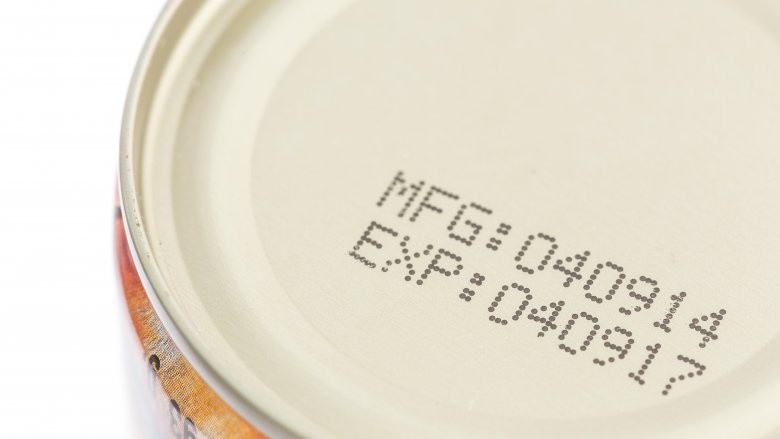If you are read news regularly, you have probably observed that there are many incidents of food contamination recently. Foods ranging from romaine lettuce to meat products were asked to be taken out of the shelves due to the existence of foreign materials that could upset your stomach.
But food poisoning is not always the fault of the manufacturer. Sometimes, it is because of your mishandling.
Below are some few tips you need to know so that you do not have to give up the tradition of feasting during the holiday season.
1. Practice hygiene food preparation

Before you start the food preparation, remember to wash your hands, the kitchen counter and cooking materials thoroughly with soap and running water. While cooking, you should wash your hands frequently, especially after handling raw meat, touching the trash bin, going to the toilet, blowing your nose or touching your hands.
2. Separate raw meat from the rest of the food

This is especially important for no-cook/ready-to-eat items like salad and bread. Use a separate chopping board for meat. When storing at the refrigerator, put it on the bottom shelf where it can't touch or drip onto other foods.
3. Cook the food well or use pasteurized items

Meat, including poultry meat and seafood, can be contaminated with bacteria that can cause food poisoning. However, these germs can usually be killed when under a certain temperature. Invest on food thermometer to ensure that your food will be cooked to a safe temperature.
Some Salmonella outbreaks have been linked to consuming raw eggs. For dishes that use raw egg like eggnog and some dressings, use pasteurized eggs instead.
4. Make sure that the food temperature is within the "safe zone"

Anything below 40°F and or above 140°F are considered safe zone, so remember to keep hot food hot and cold food cold. Perishable food must also be put in the refrigerator or freezer within two hours.
The ideal temperature for refrigerator is below 40°F. Freezer should be below 0°F.
ALSO READ : How to store leftover foods?
5. Follow the "best before" label

Always check the expiration date of the food products you purchase. Immediately throw away the items that are beyond the date, even if it looks and smells okay. Although the label was voluntary dictated by the company, proceeding beyond that will increase the risk of contamination, so better follow the condition.
© 2025 NatureWorldNews.com All rights reserved. Do not reproduce without permission.





